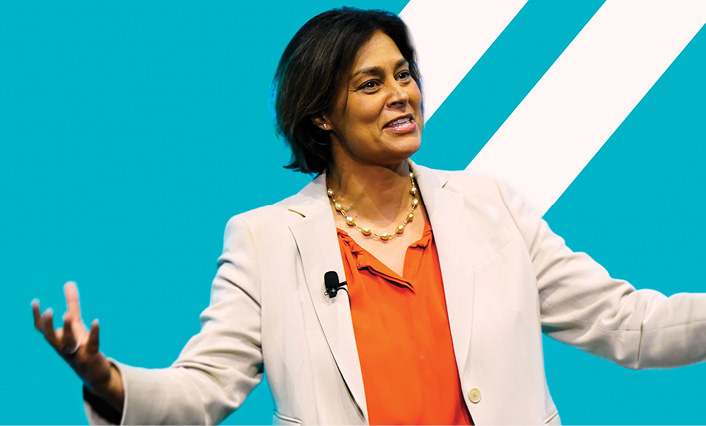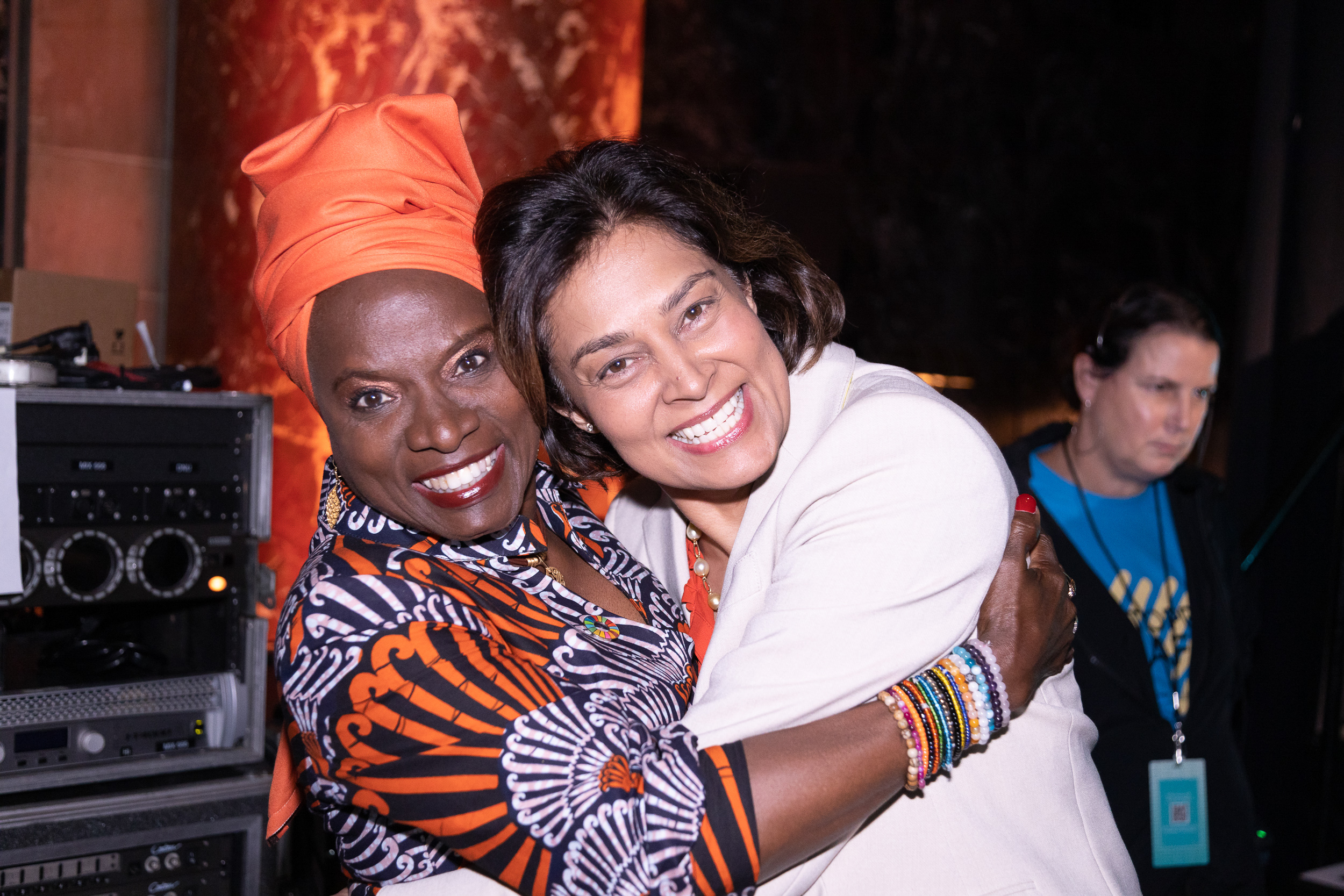
Last updated on July 27th, 2024 at 11:07 am
As a leading international journalist on CNN and other major television news outlets, Zain Verjee’s face was visible to millions of people every day. But she “spent a lifetime hiding” as she dealt with psoriasis, a chronic skin disease that causes itchy or sore patches of thick, red skin with silvery scaling. She shared with NIH MedlinePlus Magazine how she manages both the physical and emotional impacts of the autoimmune disease and her advice for others facing the condition.
You’ve had psoriasis since age 8. How were you first diagnosed?
In 1982, I developed a lot of small red dots on my skin. At first, we thought it was simply a rash. But when silvery scale started to emerge, my mother took me to see a dermatologist, and I was diagnosed with psoriasis.
What are some physical effects of your psoriasis?
The severity of the disease changes based on weather, treatment, and stress. The physical impact was largely when my arms and legs were covered in thickened, dry skin. It was not possible for me to wear clothing that exposed my skin. It was too embarrassing. At the time, there wasn’t the understanding of the disease that there is now. To be honest, the impact was more psychological than physical, although the itching and constant physical discomfort was there.
We don’t often discuss the mental health effect of physical health conditions. Would you talk about that?
Yes, the mental health effect is so important. I spent much of my professional career on international television with my face visible to millions of people each day. Yet I spent a lifetime hiding.
As a young woman in my teens, covered in dry lesions, I felt unattractive and grappled with issues of self-worth. I would bottle up a lot of rage and anger that sometimes turned violent because I was so frustrated. I would hit my skin and loathe it, which led to body image issues.
I felt like I was always lying and leading a dual storyline. I had a lovely face, which was what people related to, yet my skin was flaring up underneath. So, who was the real me? I was constantly split and felt like there was always this ugly secret. There were always strategies to hide my skin when swimming or during the summer or at the beach.
I can also function perfectly well in total darkness, and sometimes I still forget to turn on the lights. I always kept the lights off because I never wanted to see my own skin. My family—particularly my mother—was the reason I was able to overcome all of this both physically and psychologically. The support from loved ones around you is critical from a mental health standpoint, and I was fortunate to be able to receive that.
How are you doing now? Are you still affected by psoriasis?
Yes, I am still living with psoriasis, but much less so. I use biologic medication to control my skin disease. While I fear the long-term impact of this, the medication does help. I do still get scale sometimes on my scalp, ears, or stomach and lately on the soles of my feet, although I don’t know why.

Zain Verjee, right, with Grammy Award-winning singer and UNICEF Goodwill Ambassador Angélique Kidjo.
What is your message to others who have psoriasis and related autoimmune diseases?
There are new treatments that work, so be optimistic. Reach out to friends, organizations, or professionals if you’re experiencing severe mental health issues. Connecting with others who have the condition is important, too. It makes a difference because you can relate to the same feelings and experiences. Make self-care a priority. Diet, meditation, and exercise truly have had a significant impact on me in managing psoriasis.
You are not alone—you are beautiful just the way you are.
